|
We’re entering the last week of the first month of 2021 and I already feel like I need a whiplash collar. As Canadians gaze south of the border, we’ve seen an attack on democracy, impeachment and inauguration take place at the same building on successive Wednesdays. Regardless of your political beliefs, it was hard not to be warmed by the sense of optimism that flowed from the ceremonies to inaugurate Joe Biden and Kamala Harris as the new president and vice-president. The highlight of the day came from 22-year-old poet Amanda Gorman, who spoke of the need to “lift our gazes not to what stands between us but what stands before us.” Her pledge
to “raise this wounded world into a wondrous one” is the message of hope we have been seeking for a long time now.
In the spirit of all of us who yearn for a better world, I’ve assembled some recent stories from across the global network of The Conversation that offer some hope.
Have a great weekend and we’ll be back in your Inbox on Monday.
|
Weekend Reads: Reasons to Hope
|
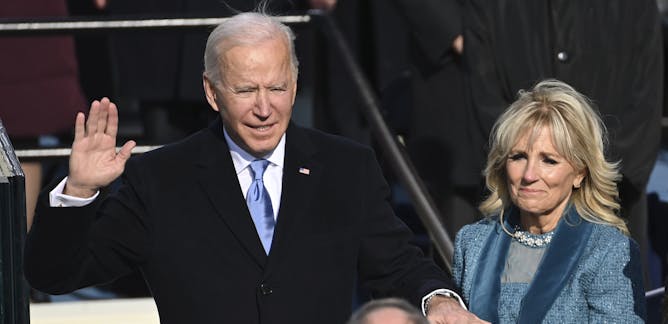
Thomas Klassen, York University, Canada
After four tumultuous years under Donald Trump, Joe Biden becomes president and pledges to advocate for unity and healing.
| |
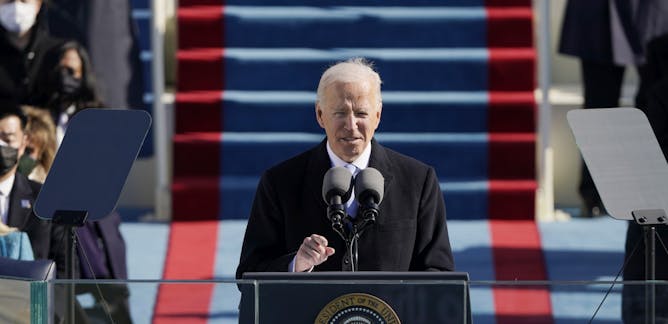
Scott Lucas, University of Birmingham
Biden's inaugural speech focused mainly on healing domestic rifts and a new kind of politics at home. But he also signalled a return to engagement with the outside world.
|
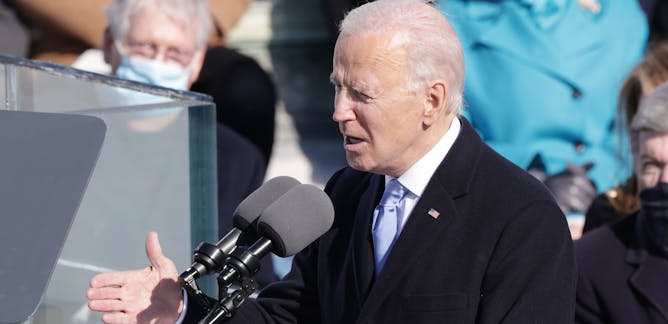
Rodney Gabel, Binghamton University, State University of New York
Joe Biden's presidential campaign and his inauguration mark an important change for the roughly 3 million people in the United States who stutter.
| |
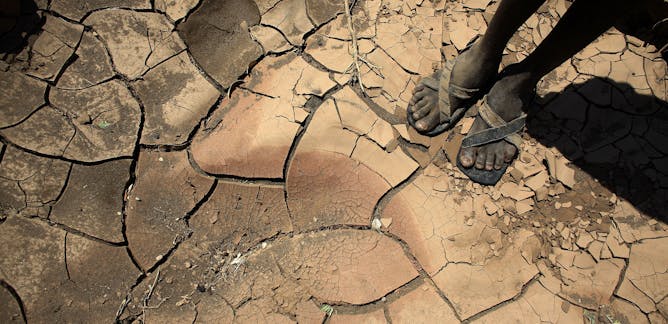
Morgan Bazilian, Colorado School of Mines; Deb Niemeier, University of Maryland; Edward R. Carr, Clark University; Kristie Ebi, University of Washington; Walt Meier, NASA
US backing of the Paris Agreement has an influence on food security, health and safety and the future warming of the planet.
|

Rui Wang, York University, Canada
Hydrogen sulphide is a smelly, poisonous gas, but it plays an important role in aging and longevity. New research shows that eating less meat could be a key to harnessing its healthy effects.
| |

Adam Taylor, Griffith University
We've gone from a novel virus to several COVID-19 vaccines in less than a year. Here's what we've learned from earlier vaccines to allow this to happen.
|
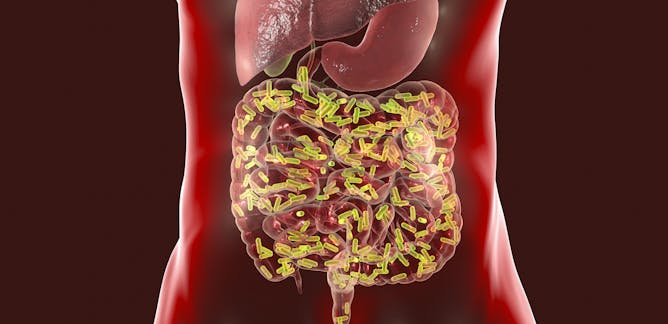
Ana Maldonado-Contreras, University of Massachusetts Medical School
The microbes in your gut influence how your immune system reacts to bacteria and viruses. A severe immune reaction is deadly; a small one lets the virus win. The right balance may depend on your diet.
| |

Richard Faragher, University of Brighton
Anti-inflammatory drugs may be able to reverse cognitive decline in the future.
|
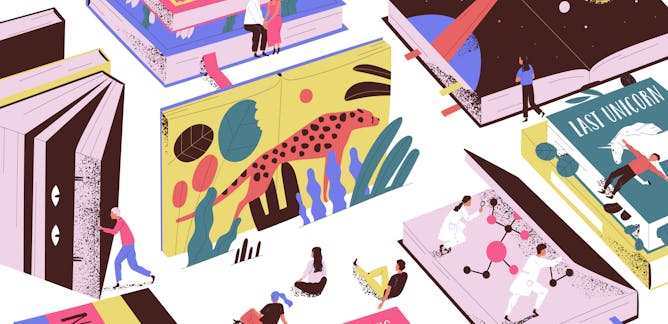
Alexandra Paddock, University of Oxford; Kirsten Shepherd-Barr, University of Oxford
Want to read more but feel overwhelmed or struggle to find the time? Here are five tips to help you on your way.
| |

Nikki Martyn, University of Guelph-Humber
Art can be a way to promote and support mental health in children, and understanding children's experiences through the pandemic as seen through children's art may help support them into the future.
|
|
|